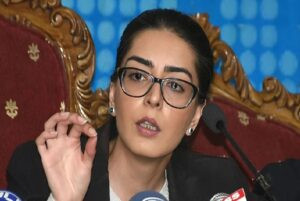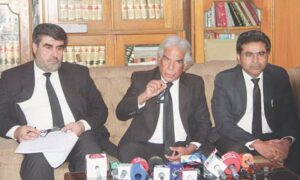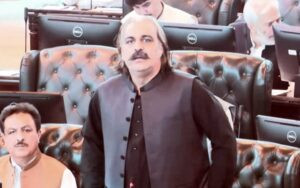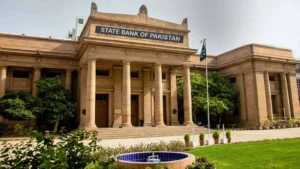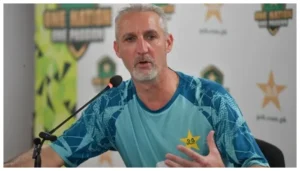India-Canada Diplomatic Relations Escalates Over Killing of Sikh Separatist; Both Countries’ Diplomats Expelled
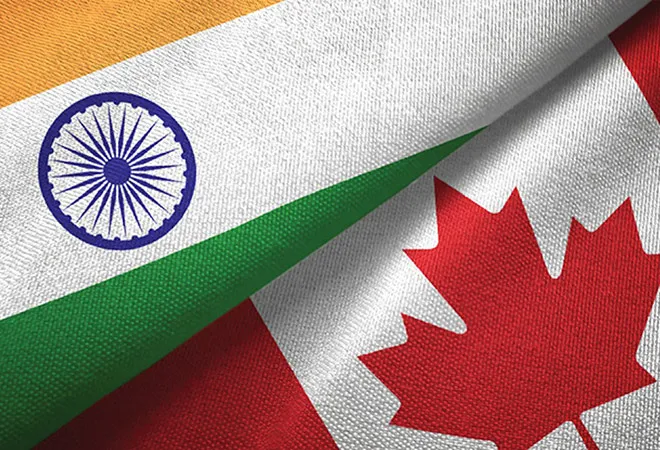
The tensions between India and Canada escalated Monday, October 14, 2024 as the two nations were expelling tit-for-tat diplomats over the killing of Hardeep Singh Nijjar, a Sikh separatist, last year on Canadian soil. In the heated row the Canadian prime minister, Justin Trudeau accused India for having made “a fundamental mistake,” while India rejected allegations labeling them politically motivated.
The diplomatic row began after Canada made claims that India was involved in the killing of Nijjar, a pro-Khalistan activist who was shot dead in June 2023. The Canadian government holds the Indian intelligence agencies responsible for carrying out the killing. India has rejected these allegations strictly and criticized the accusations as baseless and having pernicious effects on bilateral relations.
India announced on Monday that it has expelled Stewart Wheeler, the acting High Commissioner of Canada in India, along with his deputy and four first secretaries citing security reasons. India was taking a tit-for-tat response after Ottawa ejected an Indian envoy and branded them a “person of interest” in the murder of Nijjar.
The ministry easily fell back on itself, describing the allegations from the Canadian government action as “preposterous imputations,” and labelled it as an issue Trudeau’s administration is using to deflect domestic political challenges. Further, the MEA said the allegations remained unsubstantiated and lacked any basis in fact.
“The decision to expel Canadian diplomats was unavoidable given the baseless accusations and politicization of a sensitive issue. We consider this part of a greater political problem within Canada,” reads the Indian government’s statement.
In response, Trudeau refused to back down on his allegations, maintaining that India had committed a “fundamental error” in the manner it had dealt with the whole issue, and also went hard on India for what he called a lack of cooperation in investigating the killing of Nijjar. Trudeau at the same time reiterated that Canada would continue to seek the truth behind the killing of the separatist leader.
The diplomatic fallout also has placed a significant strain on the relationship between the two countries; this relationship had already been strained due to Canada’s perceived leniency toward Sikh separatist groups advocating for an independent Khalistan, a stance that has long irked the Indian government.
Even the Conservative and Liberal Opposition parties have thrown stones at the Trudeau government over its handling of the case. One heard its voice in angry statements over Prime Minister Justin Trudeau putting Canada’s relationship with India, one of their key trade partners, at risk. On the flip side, the Trudeau defenders counter that the prime minister is not kowtowing to third-party interests or compromise on Canada’s sovereignty and the rule of law.
Other aspects of India-Canada relations, such as trade, investment, and education cooperation may get rattled by the diplomatic tussle in the wake of expulsions. The two countries have maintained cordial ties for years, mainly in areas of technology and education sectors, but that the present animosity would overrun any future cooperation.
Calls to investigate his killing have been made both in India and Canada, but their divergent narratives as well as political posturing on both sides prefigure a difficult path to resolution. Both countries have given indications of backing off from their stands, and international opinion is closely watching how the two are likely to move in the weeks ahead.

